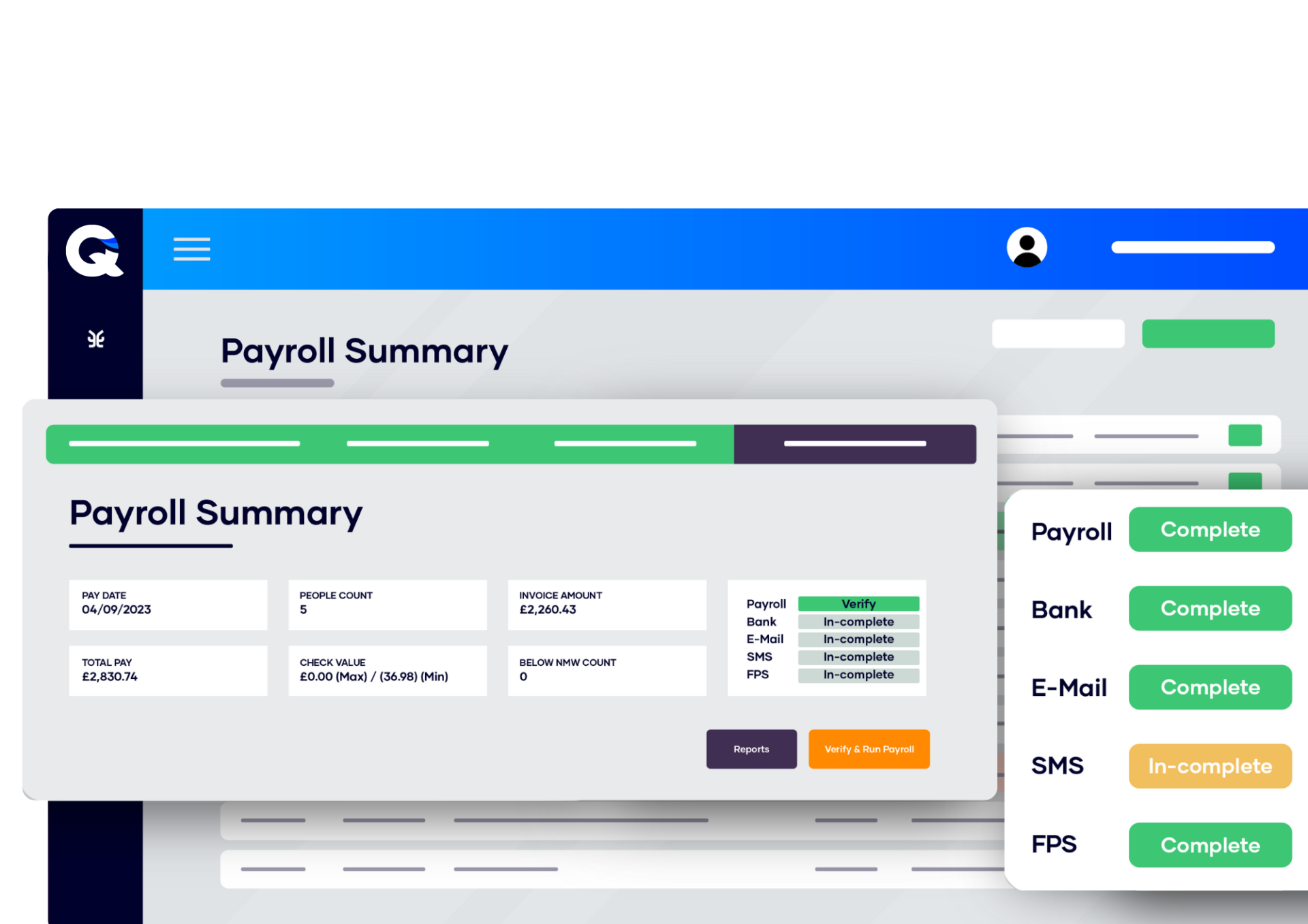When an umbrella company receives a winding-up petition from HM Revenue & Customs (HMRC), it signals severe financial distress, typically due to substantial unpaid tax bills, such as VAT, PAYE, or National Insurance contributions.
For recruitment business owners, this situation is particularly concerning. Your umbrella providers manage payroll and employment services for your outsourced workforce. If an umbrella company faces liquidation, your agency could face significant disruptions, including unpaid wages to contractors and potential reputational damage.
What is HMRC’s winding-up process?
Here’s the typical journey of a winding-up petition from HMRC:
01
Formal demand and reminders:
Initially, HMRC sends formal notices for unpaid taxes. If these are ignored or unpaid, HMRC escalates the matter.
02
Statutory demand:
A statutory demand is issued, giving the company 21 days to settle debts or arrange repayment terms.
03
Statutory demand:
If debts remain unresolved, HMRC submits a winding-up petition to the court. This action aims to liquidate the company’s assets to repay creditors.
04
Court hearing and winding-up order:
At the court hearing, if debts are unpaid or unchallenged, a winding-up order may be issued. This freezes the company’s assets, halts operations immediately, and appoints an Official Receiver to liquidate the business.
How to check for winding-up petitions using Caseboard.io:
To enhance your due diligence, recruitment agencies can verify if their umbrella providers face any winding-up petitions using Caseboard.io:
- Access Caseboard.io: Navigate to caseboard.io.
- Search the umbrella company: Enter the company name into the search bar provided.
- Review results: Check the search results for any active winding-up petitions or other related legal cases.
Regularly monitoring these details will help your agency proactively manage and mitigate potential risks.
Take proactive steps to mitigate risks:
- Review your umbrella provider’s financial health immediately. Regularly assess their credit scores and liquidity status.
- Consider alternative providers if signs of financial instability emerge.
- Communicate transparently with clients and contractors to ensure confidence and continuity.
Acting proactively can safeguard your recruitment business from severe financial and reputational damage.






